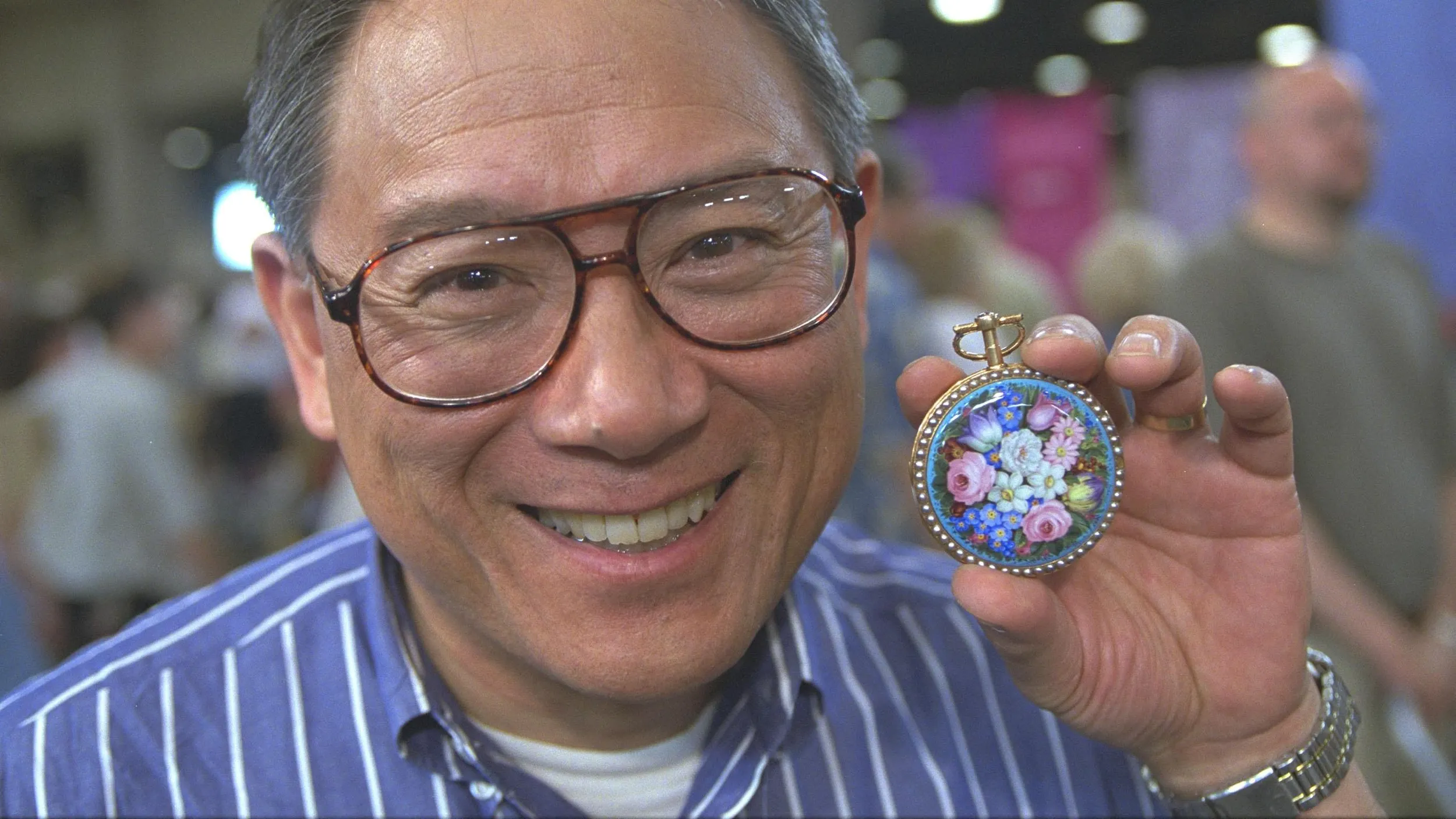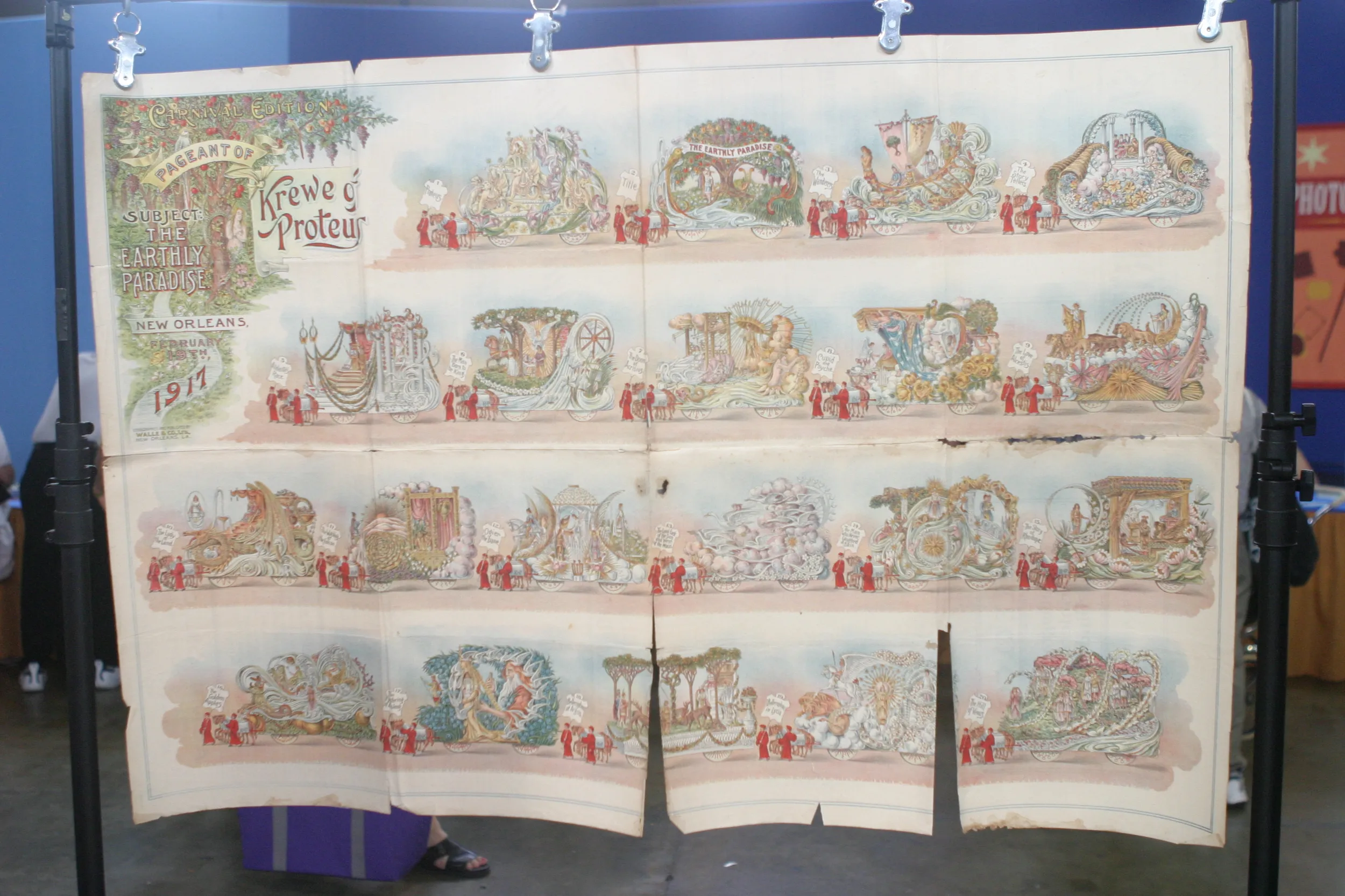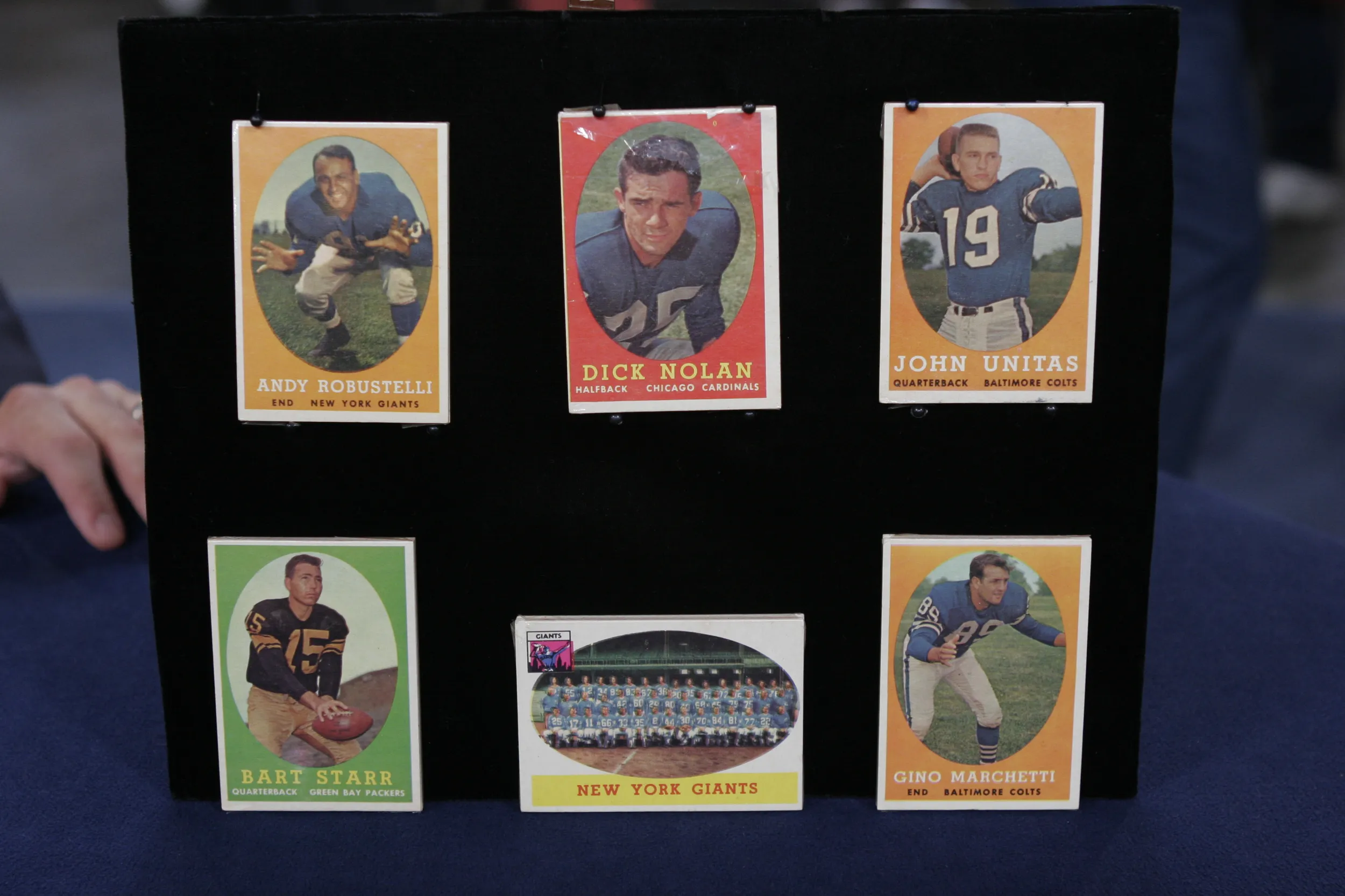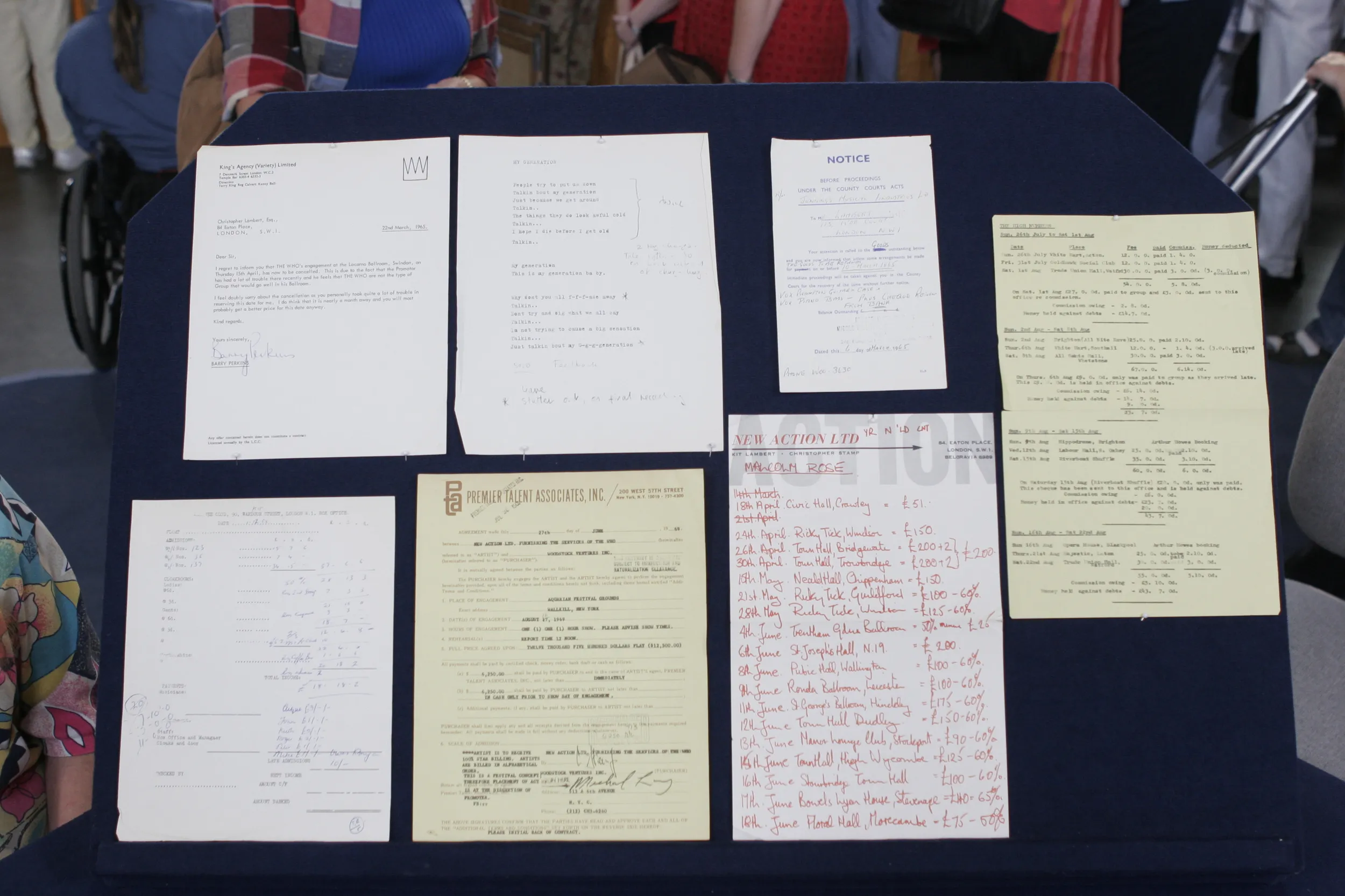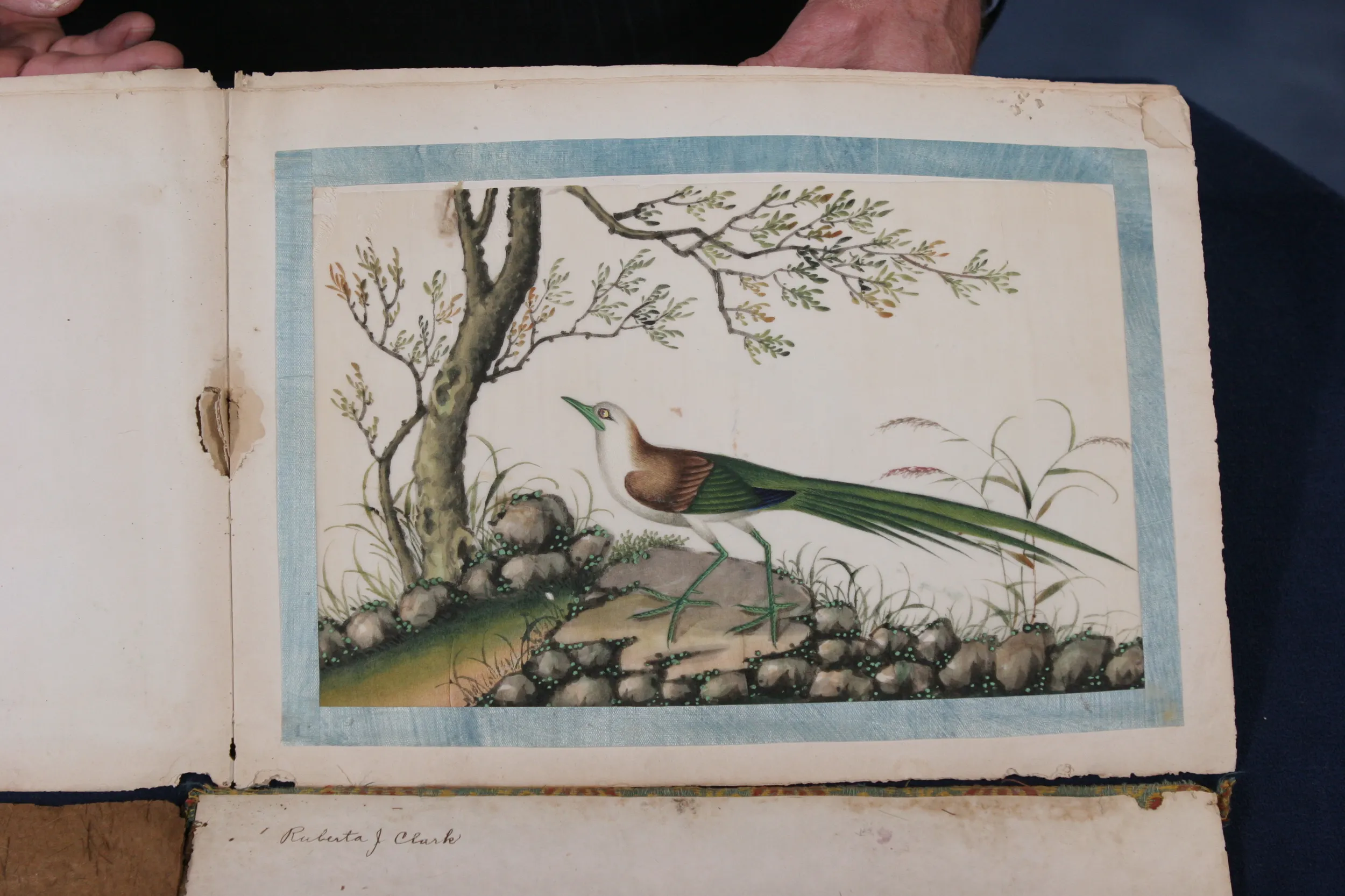APPRAISER: You brought a document relating to the tragedy of May 1970, the shooting of students by National Guardsmen at Kent State. How have you come to have it?
GUEST: My father was a judge involved in the case, initially, in ordering the suppression of the grand jury report that came out of the state courts, and then after the students won the right to sue for their injuries, and they had to go to the United States Supreme Court for that, the case then came back to him, and he was the trial judge when they finally brought the case to a conclusion.
APPRAISER: And the settlement was for $675,000, and something else.
GUEST: $675,000 to the plaintiffs. And the plaintiffs wanted to have an apology, because they weren't getting as much money as they thought they should get, I believe is the reason. And the governor and the state were not willing to give them an apology. And so my dad brokered the deal by sitting at his manual Royal typewriter and typing out an agreement that both sides could live with, and this is the document.
APPRAISER: That's what this is. You're right-- the money, in retrospect, especially, seems like very little. The families of the slain students received just $15,000 apiece. The one student who was paralyzed received $350,000. But in addition, they got this apology, which states that in retrospect, the tragedy of May 4 should not have occurred. It admits that "some of the Guardsmen "on Blanket Hill, "fearful and anxious from prior events,” may have believed in their own minds "that their lives were in danger. Hindsight suggests that another method would have resolved the confrontation. Better ways must be found to deal with such confrontations… We deeply regret those events and are profoundly saddened by the deaths of the four students and wounding of nine others which resulted. We hope that the agreement to end this litigation will help to assuage the tragic memories regarding that sad day.” And it is signed by the defendants, Governor Rhodes, who signed here, Sylvester Del Corso, who was the adjutant general of the Ohio State National Guard at the time, and the other signatures are all of the National Guardsmen who were on duty on campus that day who were involved in the shooting. It's difficult with something like this to think of it in monetary terms. And we very seldom see something from such recent history that strikes such a chord. I think I would try to take into mind the passion that this would excite among many people who lived through this. I would certainly think an insurance value of $10,000 to $15,000 would not be too much.
GUEST: Thank you very much.
APPRAISER: You're welcome.
